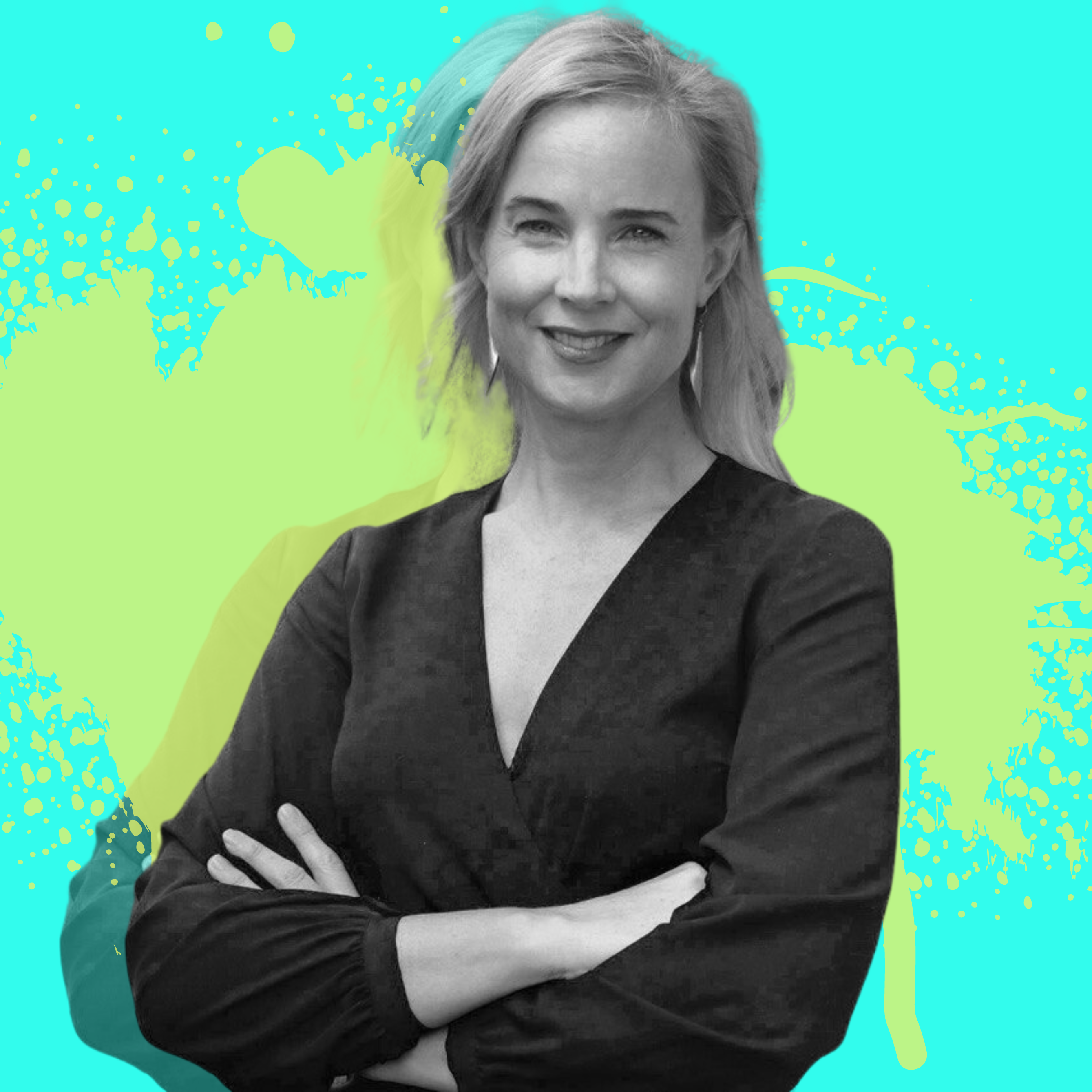
Emma Day
CEO Asia and North America
Human Rights Lawyer
FHCA, certified auditor for the UK Children’s Code, 2023
CIPP/E, International Association of Privacy Professionals, 2022
LLM law and technology, UC Berkeley California, US, as a Fulbright Scholar, 2020
Solicitor & barrister exams, British Columbia, Canada, 2010
LLM international human rights law, University of London, UK, 2006
CPE (Law conversion), University of Westminster, UK, 2003
BA (Hons) Sociology, University of Leeds, UK, 1997
Biography
Emma Day is a British lawyer, qualified in Canada, with nearly 25 years experience working in human rights.
Starting out as a social scientist, Emma spent two years working with Voluntary Service Overseas (VSO) in Rwanda (1999-2001) where she was inspired to learn more about law and justice in the context of a society reconciling the after effects of a genocide. Emma started her legal career in a community law centre in London bringing actions against the local authority on behalf of homeless young people.
From there she moved to Canada where she qualified as a solicitor and barrister, training at a leading international law firm in British Columbia. She then moved to Kenya where she worked for three years as a freelance human rights lawyer for the Open Society Foundation, the United Nations Development Programme (UNDP) and KELIN Kenya, carrying out socio-legal research related to access to justice for marginalised populations. From Kenya, Emma moved to Thailand for six years where she worked as a legal consultant most recently for the UNICEF East Asia and Pacific Regional Office, leading its work on child online protection. While at UNICEF, Emma led several research studies and convened multistakeholder fora in six countries across the Asia Pacific region, bringing together governments, civil society and technology companies to address children’s rights in relation to technology.
Inspired by the platform regulation aspects of child online protection, Emma took a sabbatical in 2019-2020 to attend UC Berkeley as a Fulbright Scholar to complete her second LLM, with a focus on law and technology. Emma then continued to consult for UNICEF on data governance for children, co-authoring The Case forBetter Governance of Children’s Data: A manifesto ; and on children’s rights and business for the technology sector, writing a Special Briefing for the UN Human Rights (OHCHR) B-Tech project.
She has also consulted for the 5Rights Digital Futures Commission, providing a legal analysis of the governance of EdTech in schools, and for the United Nations Refugee Agency (UNHCR) on hate speech, disinformation and misinformation. Emma is a Non-resident Fellow at the Atlantic Council Digital Forensic Research Lab, and an alumna of the Berkman Klein Center for Internet & Society. She is also a member of the European Data Protection Board Support Pool of Experts.
Emma has been living in Portugal since 2021.
Publications
2023 – Scaling Trust on the Web, Children’s Rights Annex, Atlantic Council
2021 – The Case for Better Governance of Children’s Data: A manifesto, UNICEF
2021 – Governance of data for children’s learning in UK state schools, 5Rights
2020 – Covid 19: A spotlight on child data governance gaps, UNICEF
2020 – Encryption, privacy, and Children’s Right to protection from Harm, UNICEF
2019 – ‘The Violence Complex: intersections between violence against women and violence against children in Vietnam, the Philippines, Cambodia and Papua New Guinea’, UN Women & UNICEF
2016 – ‘Victims are not Virtual: situation assessment of online sexual exploitation in South Asia’, UNICEF ROSA
2016 – ‘Child Online Protection in the MENA Region’, UNICEF MENA
2015 – ‘Toolkit: Gaps, Traps & Opportunities for working with gender and HIV in plural legal systems’, UNDP
2015 – ‘Ending Impunity for Violence Against Women and Girls’, UN Women
2014 – ‘Access to Generic Medicines in Kenya’, Harvard Health & Human Rights Journal
2013 – ‘Reflections’, Open Society Initiative for Eastern Africa
2013 – ‘Bringing Justice to Health’, Open Society Foundation
2013 – ‘Amplifying Voices 2013’, Open Society Initiative for Eastern Africa
2011 – ‘Traditional Cultural Practices and HIV: Reconciling Culture and Human Rights’, UN Global Commission on HIV and the Law working paper
2011 – ‘Amplifying Voices 2011’, Open Society Initiative for Eastern Africa
“We are at a pivotal moment in history where technology is permeating more and more areas of our lives, offering exciting opportunities, while at the same time children and the most vulnerable in our communities are on the sharp end of any human rights risk this might pose.
There has never been a more important time to ensure that emerging regulations are properly drafted by lawmakers, and crucially also implemented by technology companies, in a way that centres human rights for all.”

